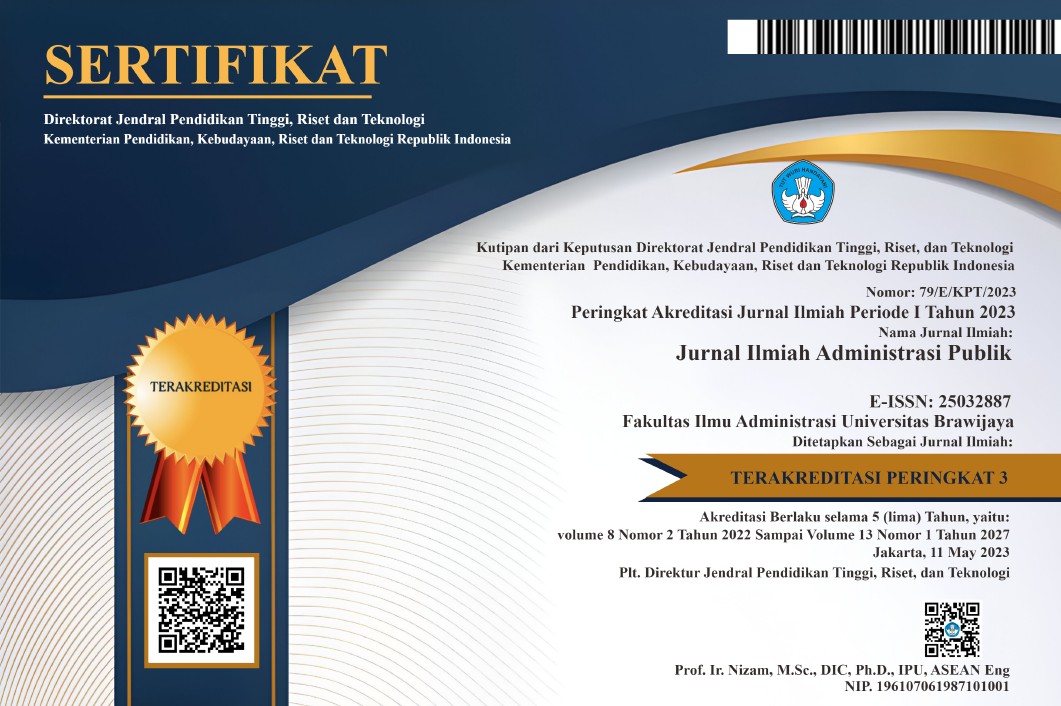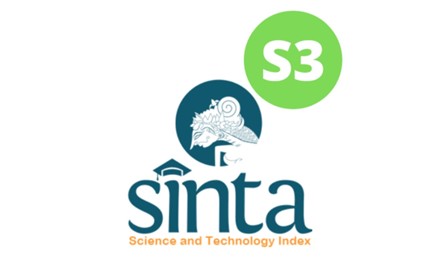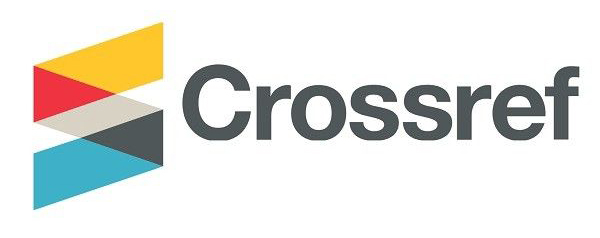Anggaran Partisipatif, Senjangan Anggaran, Kinerja Aparatur Pemerintah dan Tata Kelola Pemerintahan (Studi pada Pemerintah Daerah Kabupaten Malang)
DOI:
https://doi.org/10.21776/ub.jiap.2017.003.01.9Keywords:
partisipative budgeting, budgetary slack, government apparatus performance, government governance, Regional Government of MalangAbstract
This study aims to examine the influence of partisipative budgeting on budgetary slack, the influence of partisipative budgeting and government apparatus performance are moderated by government governance in Regional Government of Malang. The results showed the greater level of budgetary participation, it will decrease budgetary slack, but government governance is not moderate the influence of partisipative budgeting on budgetary slack. The results also showed participative budgeting will increase government apparatus performance, and government governance strengthen the influence partisipative budgeting on government apparatus performance.References
Amins, A. (2012). Manajemen Kinerja Pemerintah Daerah. Laksbang PRESSindo, Yogyakarta.
Anthony, R.N., & Govindarajan, V. (1998). Management Control Systems. 9th ed. Irwin McGraw-Hill, US.
Bhatta, Ghambir. (1996). Capacity Building At The Local Level For Effective Governance: Empowerment Without Capacity Is Meaningless. Paper presented In The International Conference on Governance Innovation: Building The Government – Citizen – Business Partnership. October 20-23, Manila, Philippines.
Caplan, E.H. (1971). Management Accounting and Behavioral Science. Reading Mass. Addison-Wesley Pub. Co, Boston.
Davis, K., & Newstrom, J.W. (1985). Organizational Behavior: Human Behavior at Work. Seventh Edition. Mc Graw, Inc. Singapore.
Dunk, A.S., & Nouri, H. (1998). Antecedent of Budgetary Slack: A Literature Review and Synthesis. Journal of Accounting. Vol. 17, pp: 72-96.
Hartono, J. (2014). Metode Penelitian Bisnis (Salah Kaprah dan Pengalaman – Pengalaman)(Vol. 6). Yogyakarta: BPFE.
Hartono, J., & Abdillah, W. (2009). Konsep dan Aplikasi PLS untuk Penelitian Empiris. BPFE. Yogyakarta
Ikhsan, A., & La Ane. (2007). Pengaruh Anggaran Partisipatif Terhadap Senjangan Anggaran dengan Menggunakan Lima Variabel Pemoderasi. Simposium Nasional Akuntansi X Unhas. Makasar, Juli 2007.
Ikhsan, A., & Ishak, M. (2005). Akuntansi Keperilakuan. Salemba Empat, Jakarta.
Kinicki, A., & Kreitner, R. (2004). Organizational Behavior. Fifth Editon. McGraw Hil, New York.
Lane, J. E. (2003). Management and Public Organization: The Principal-Agent Framework. Working Paper. University of Geneva and National University of Singapore.
Lukka, K. (1988). Budgetary Biasing in Organization. Theoretical Framework and Empirical Evidence. Accounting Organization and Society, Vol. 13, pp. 281 – 301.
Lupia, A., & McCubbins, M. (2000). Representation or Abdication? How Citizens Use Institutions to Help Delegation Succed. European Journal of Political Research, Volume 37, pp. 291-307.
Milani, K. (1975). The Relationship of Partisipation in Buget-Setting to Industrial Supervisor Performance and Attitude: A Field Study. The Accounting Review, Volume 50 , No. 2, pp. 274-284.
Robbins, S.P. (2003). Perilaku Organisasi. Indeks, Jakarta.
Sanusi, Achmad. (2012). Tata Kelola Pemerintahan yang Baik dan Akuntabilitas Sektor Publik di Indonesia. Materi Kuliah Umum di Pascasarjana Universitas Brawijaya Malang. Malang, 12 Oktober 2012.
Schiff, M., & Lewin, A.Y. (1970). The Impact of People Budgets. The Accounting Review, Vol. 45, April 1970, pp. 259 – 268.
Sholihin, M., & Ratmono, D. (2013). Analisis SEM-PLS dengan WarpPLS 3.0. Andi, Yogyakarta.
Siegel, G., & Marconi H.R. (1989). Behavioral Accounting. Cincinnati, OH: South Western Publishing, Co.
Suartana, I.W. (2010). Akuntansi Keperilakuan (Teori dan Implementasi). Yogyakarta: ANDI.
Suroso, G.T. (2014). Azas-Azas Good Governance dalam Pengelolaan Keuangan Negara. Available at http://www.bppk.kemenkeu.go.id/publikasi/artikel/147-artikel-anggaran-dan-perbendaharaan/20088-azas-azas-good-governance-dalam-pengelolaan-keuangan-negara/ [Accessed 23 May 2016].
Welsch G.A., Hilton R.W., & Gordon P.N. (1996). Anggaran: Perencanaan dan Pengendalian Laba. Buku Satu, Edisi Kelima, Edisi Indonesia. Penerbit Salemba Empat: Jakarta.
Wibowo. (2013). Manajemen Kinerja. Jakarta: Rajawali Pers.
Young, S.M. (1985). Participative Budgeting: The Effect of Risk Aversion and Asymetric Informaton on Budgetary Slack. Journal of Accounting Research. Autumn 23, pp. 829-842.
Downloads
Published
Issue
Section
License
If your paper is accepted, the author identified as the formal corresponding author for the paper will receive an email prompting them to login into Author Services; where via the JIAP Author Licensing Service they will be able to complete the license agreement on behalf of all authors on the paper.














